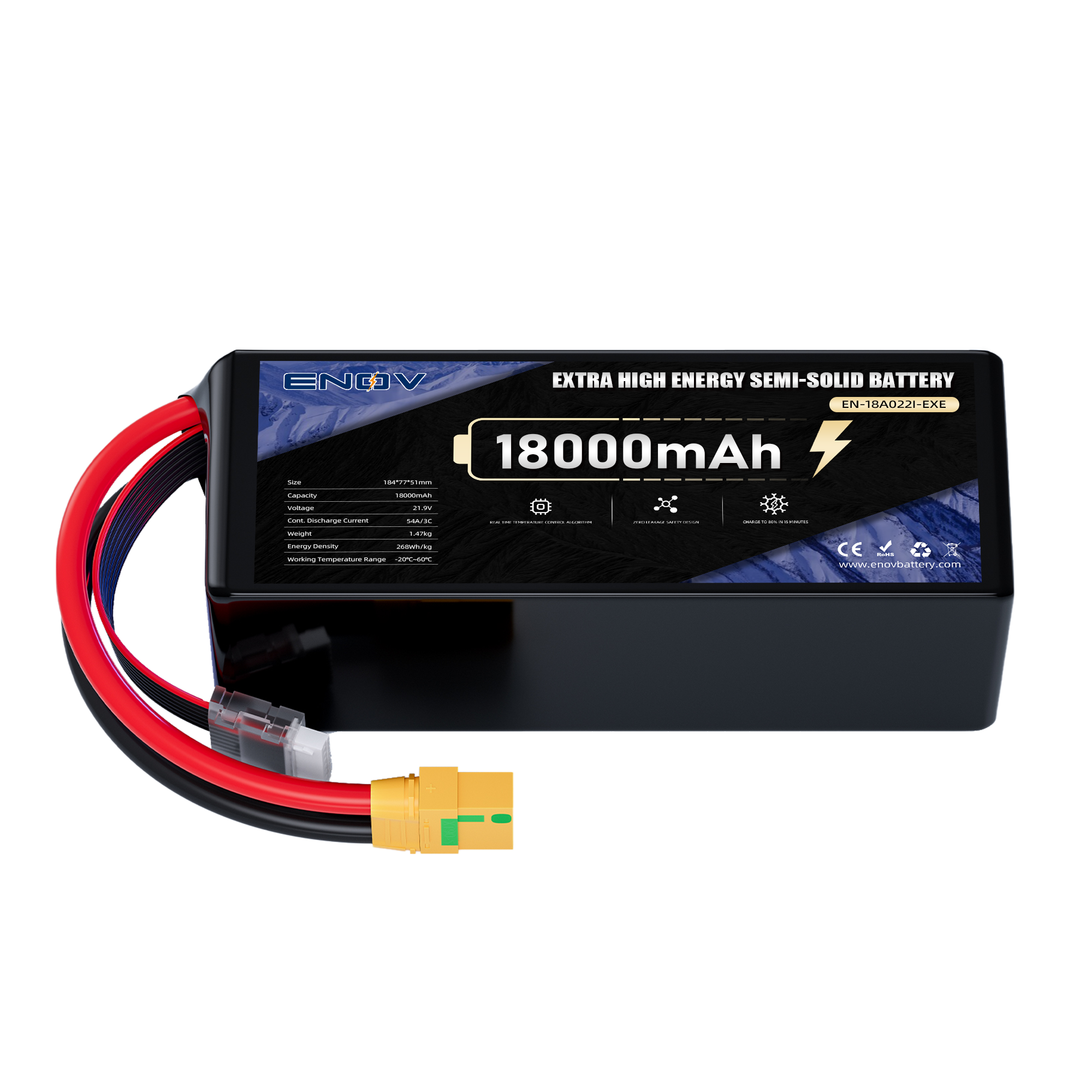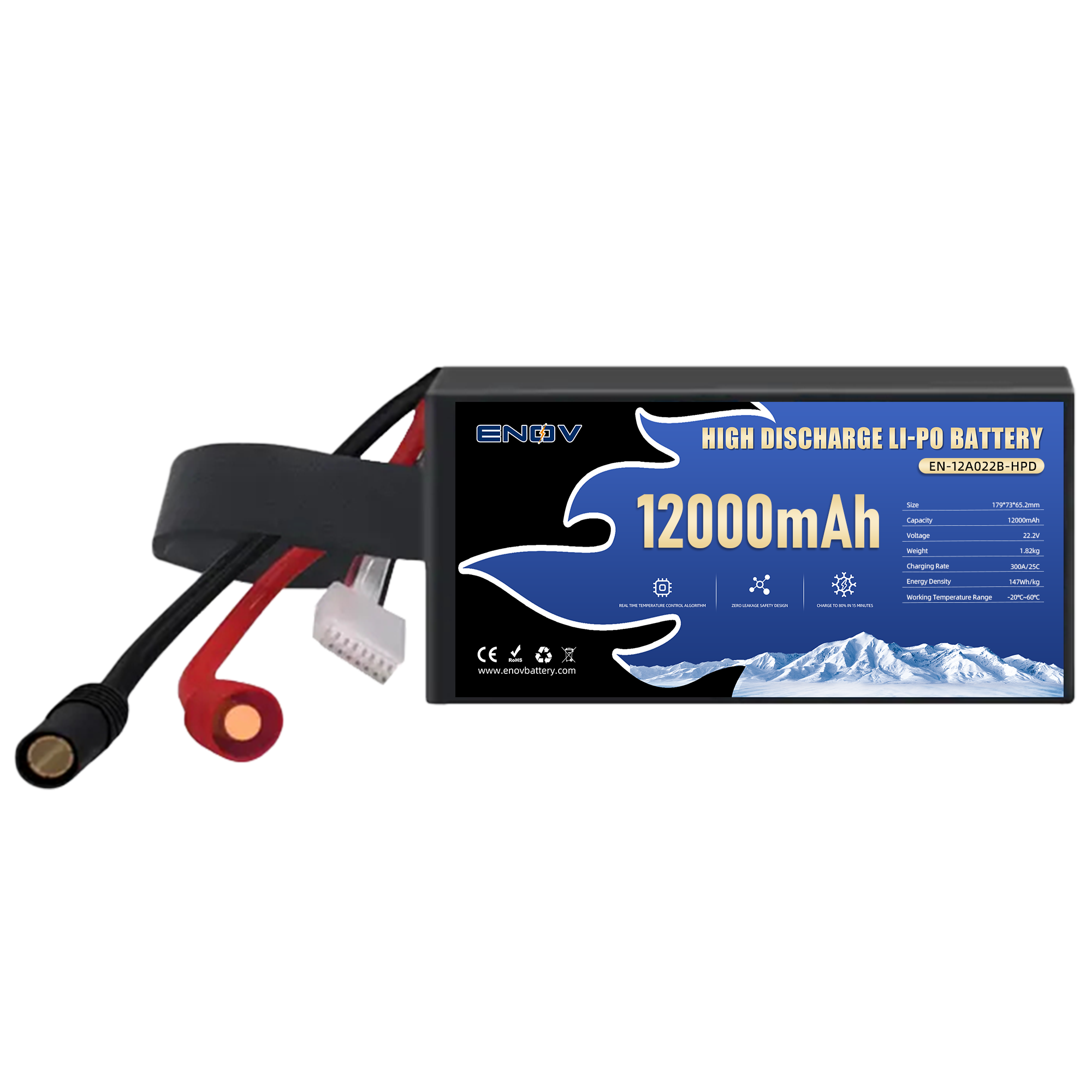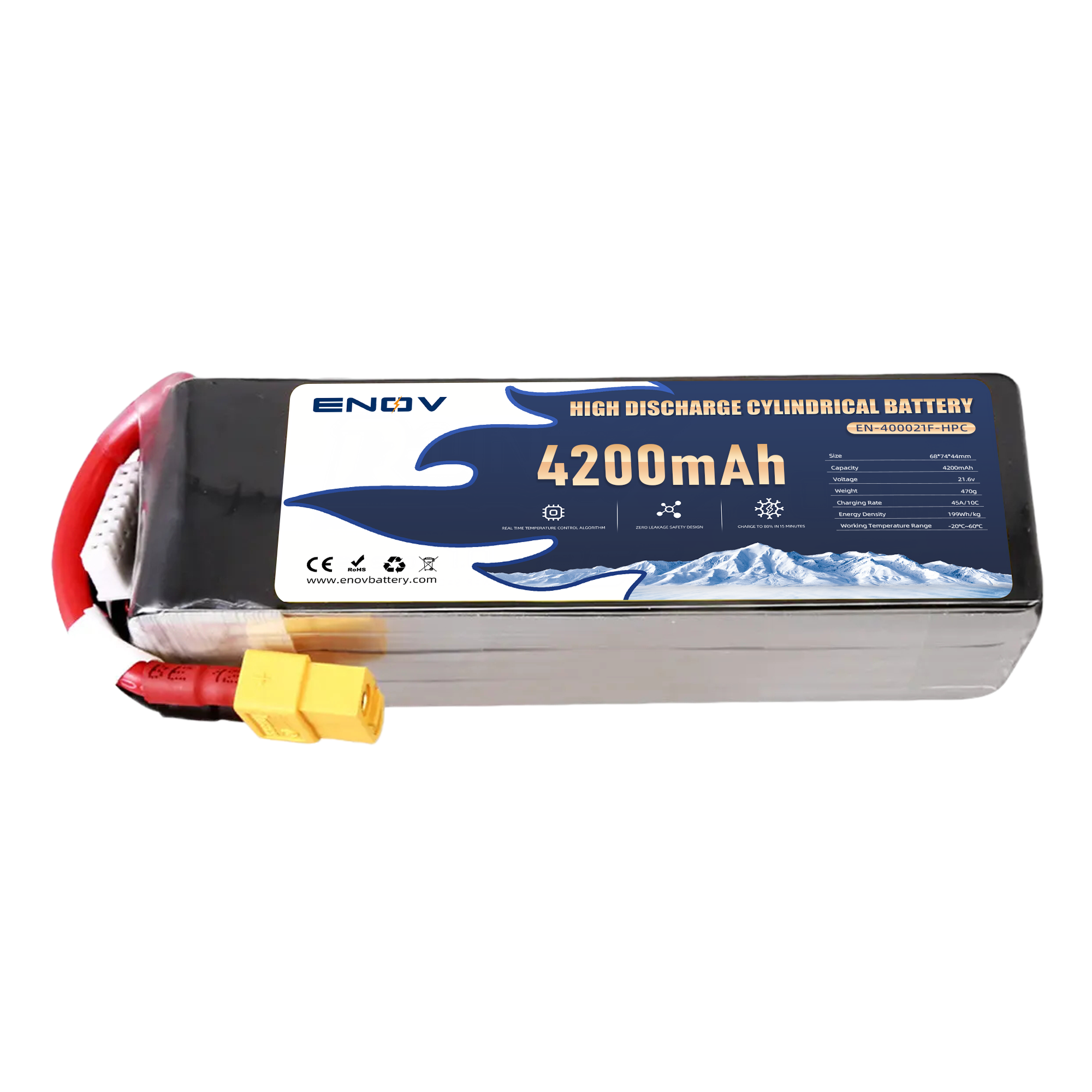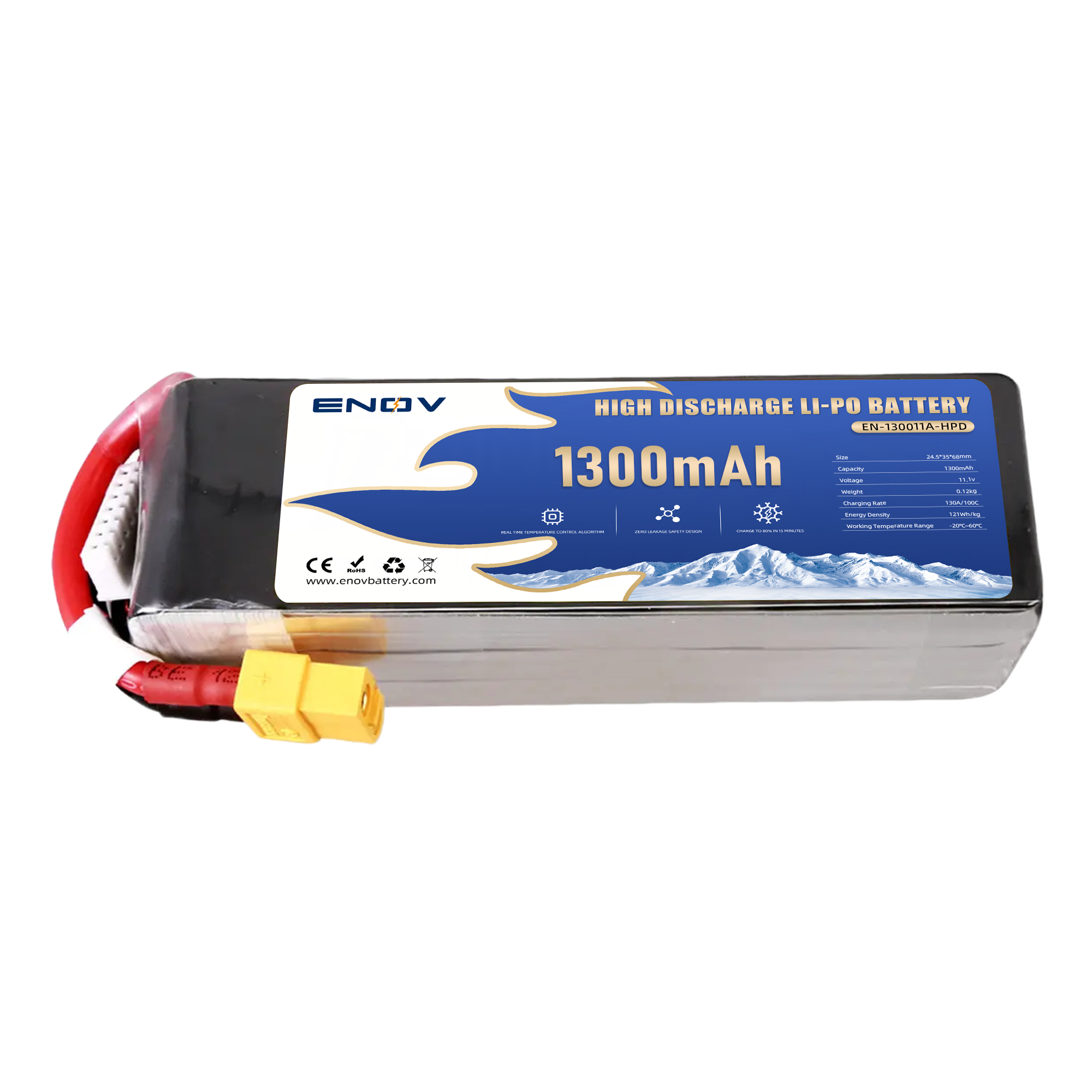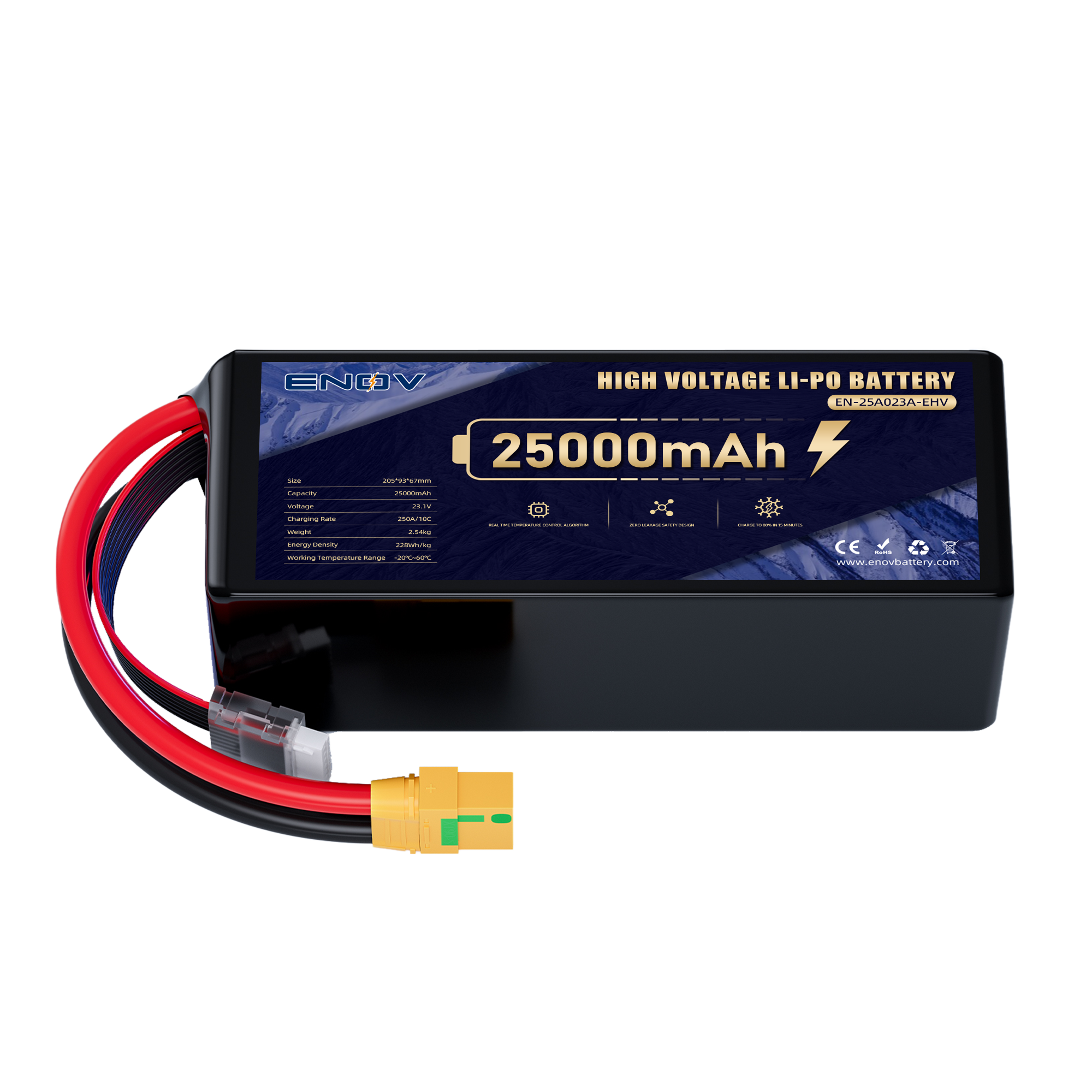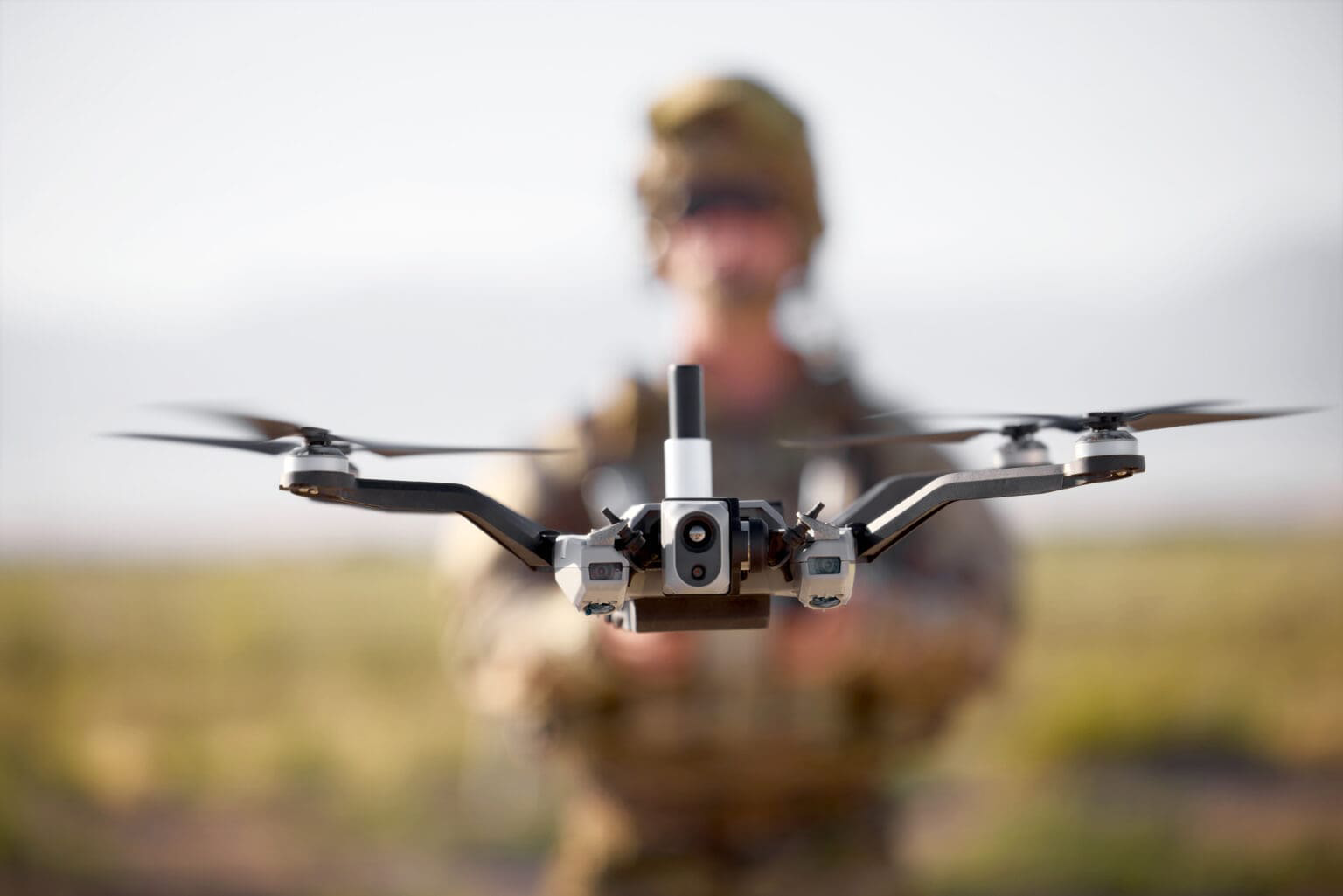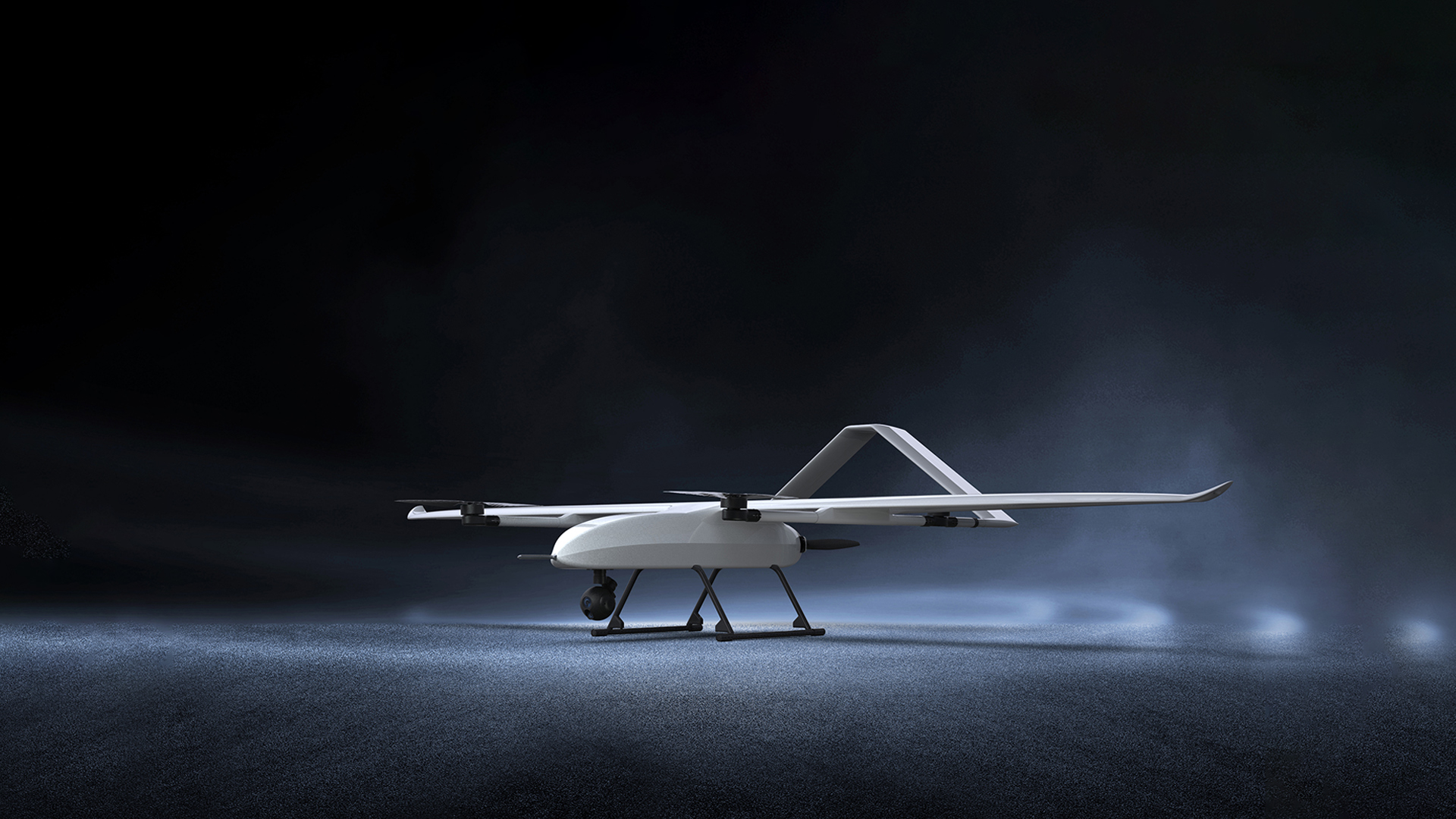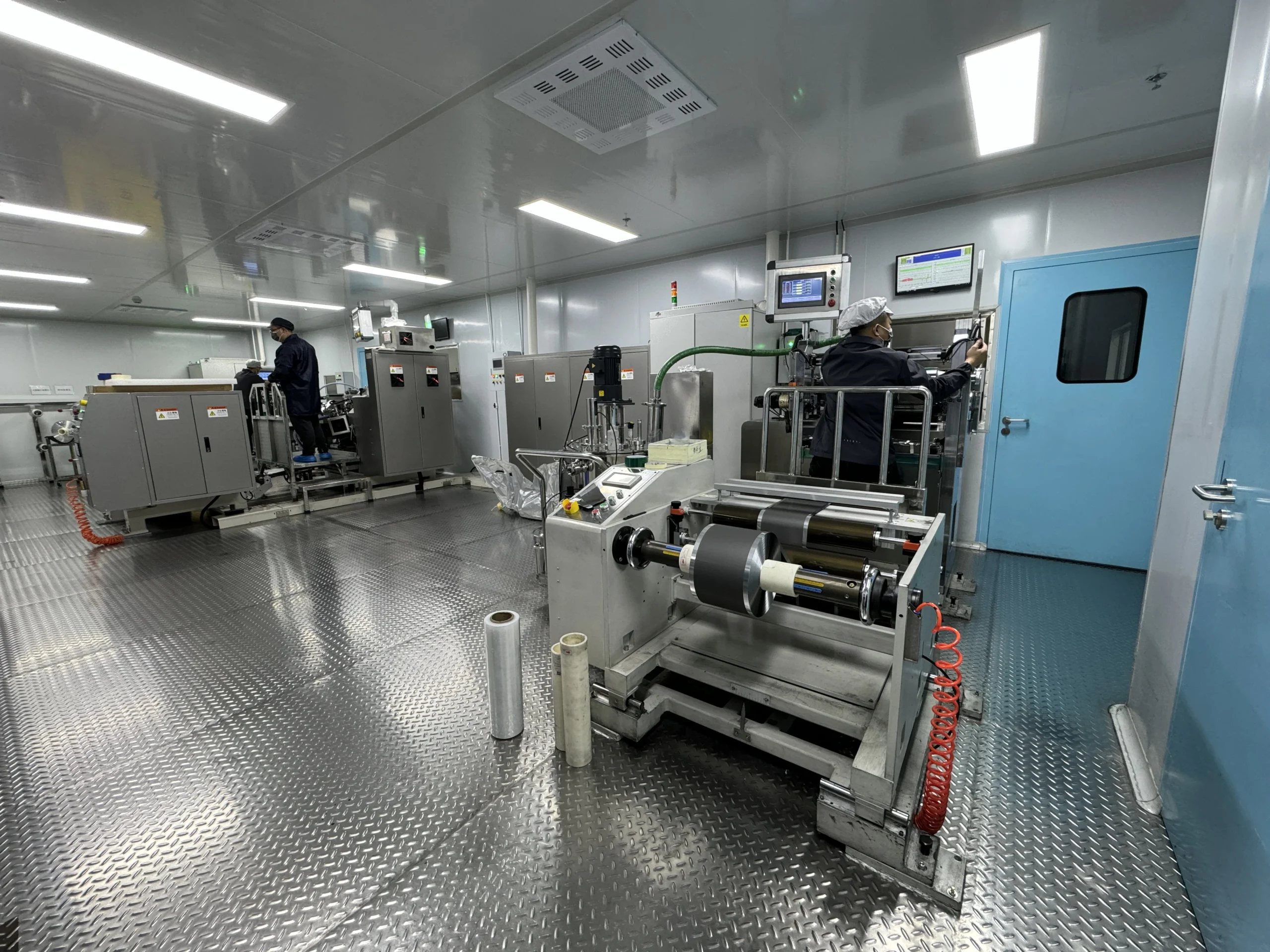Drone Battery Safety Certifications: UL, CE, and UN38.3 Explained
Drone battery safety certifications such as UL, CE, and UN38.3 are critical for ensuring product reliability, regulatory compliance, and safe global operations. These certifications validate that batteries meet rigorous testing standards for electrical safety, environmental resilience, and transportation security. Whether you’re a manufacturer, distributor, or pilot, understanding these certifications helps avoid legal penalties, reduces accident risks, and builds consumer trust. This guide explains what each certification entails and why they matter for drone battery users.
main content
UL Certification: Ensuring Electrical Safety
Underwriters Laboratories (UL) certification, particularly UL 2054, focuses on fire and electrical hazard prevention. Batteries undergo stress tests simulating overheating, short circuits, and mechanical damage. For example, a UL-certified LiPo battery must not explode or leak hazardous materials under extreme conditions. This certification is widely recognized in North America and signals adherence to stringent safety benchmarks for consumer electronics.
CE Marking: European Market Compliance
The CE mark indicates compliance with EU health, safety, and environmental standards. For drone batteries, this includes directives like the RoHS (Restriction of Hazardous Substances) and EMC (Electromagnetic Compatibility). CE certification ensures batteries contain no banned chemicals (e.g., lead or cadmium) and operate without interfering with other devices. Non-CE batteries cannot legally be sold in the EU, making this certification essential for manufacturers targeting European markets.
UN38.3: Transportation Safety Standard
UN38.3 certification is mandatory for shipping lithium batteries internationally. It verifies batteries withstand altitude simulations, temperature extremes, vibrations, and impacts during transport. A certified battery must not ignite or leak when subjected to -40°C to 75°C (-40°F to 167°F) cycles. Airlines and logistics providers require UN38.3 documentation to approve battery shipments, making it indispensable for global supply chains.
Why These Certifications Matter for Drone Pilots
Certified batteries minimize risks of mid-flight failures, fires, or legal disputes. For instance, uncertified batteries might lack proper thermal safeguards, leading to overheating during aggressive maneuvers. Pilots operating commercially often need certified batteries to comply with insurance policies or local regulations. Always verify certifications when purchasing replacements to avoid counterfeit or substandard products.
UL vs. CE vs. UN38.3: Key Differences
Scope: UL focuses on electrical safety; CE covers environmental and EMC compliance; UN38.3 ensures transport resilience.
Markets: UL is North America-centric; CE is EU-mandated; UN38.3 applies globally for shipping.
Testing: UL stresses failure scenarios; CE restricts hazardous materials; UN38.3 simulates transport hazards. Understanding these distinctions helps prioritize certifications based on operational needs and target markets.
Identifying Counterfeit or Non-Compliant Batteries
Fraudulent batteries often omit certification labels or use forged marks. Cross-check certification numbers on official databases like UL’s Online Certifications Directory. Suspiciously low-priced batteries or vague supplier documentation are red flags. Purchasing from reputable brands minimizes exposure to uncertified, unsafe products.
Future Trends in Battery Certification
Emerging standards are addressing sustainability (e.g., recyclability) and smart battery management. The EU’s upcoming Battery Regulation (2027) will require carbon footprint disclosures and stricter recycling protocols. Similarly, UL is expanding tests for fast-charging technologies. Staying updated on regulatory shifts ensures long-term compliance and market access.
Steps to Verify Certifications
Request test reports or certificates from suppliers.
Confirm markings on the battery (e.g., CE logo, UL file number).
Validate certifications via official databases or third-party labs. Due diligence at this stage prevents costly recalls or operational disruptions.
The Role of Certification in Insurance and Liability
Insurers often mandate certified batteries to mitigate liability claims. Using uncertified batteries may void warranties or insurance coverage in case of accidents. For enterprise drone operators, certification compliance is non-negotiable for maintaining operational licenses and client contracts.
Final Recommendations
Prioritize drone batteries with UL, CE, and UN38.3 certifications to ensure safety, legality, and marketability. Regularly audit your supply chain to avoid counterfeit products and stay informed about evolving standards. By aligning with these certifications, manufacturers and pilots protect their operations, enhance brand credibility, and contribute to safer skies.
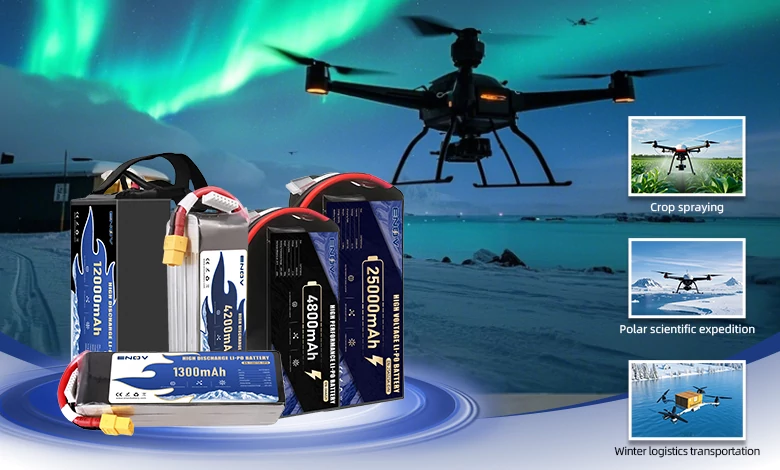
UAV DRONE battery
Enov UAV battery has the most advanced UAV battery new technology, it has a lightweight structural design, ultra-high energy density, stable continuous discharge, customized ultra-high instantaneous discharge, wide temperature working range, stable charge and discharge, battery materials can choose high nickel terpolymer positive/silicon carbon negative material system combined with semi-solid battery technology. Or choose a more mature application of more UAV lithium battery technology, available UAV battery nominal voltage 3.7V, capacity 18.0Ah ~ 30.0Ah, support 10C continuous discharge and 120C pulse discharge (3 seconds). With ultra-high energy density (220-300Wh/kg) as its core advantage, Enov UAV batteries can meet the needs of long-term endurance scenarios such as plant protection drones and transport drones, while maintaining stable emission performance in extremely low temperature environments (-40℃).
Other products
START-STOP LITHIUM BATTERY
LITHIUM ENERGY STORAGE BATTERY
QUICK INQUIRY
FAQ
Access to high frequency technical questions with one click, get accurate answers on product application, after-sales policy and customization process.
Service and Support
Get the latest product specifications, explore professional OEM/ODM customization services, click to open exclusive technical support and production solutions.
Become a Partner
We sincerely invite resources to interconnect, work together for win-win development, and immediately open a new chapter of strategic cooperation!
